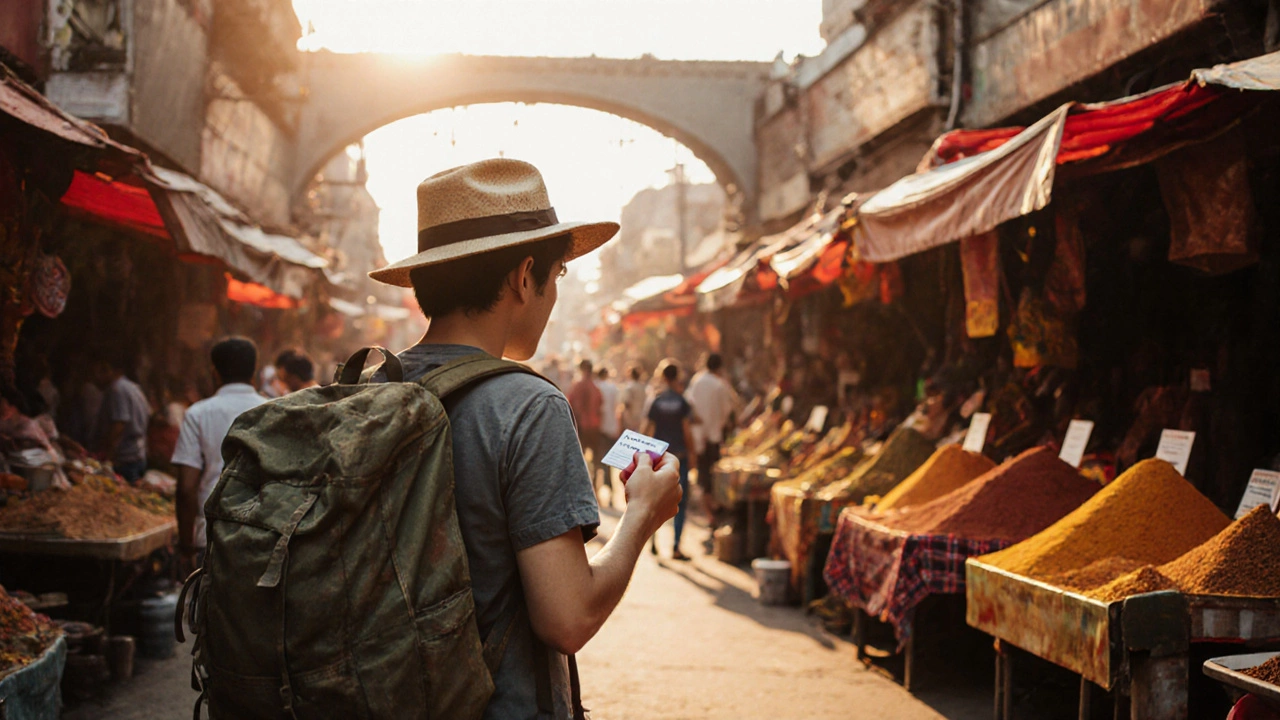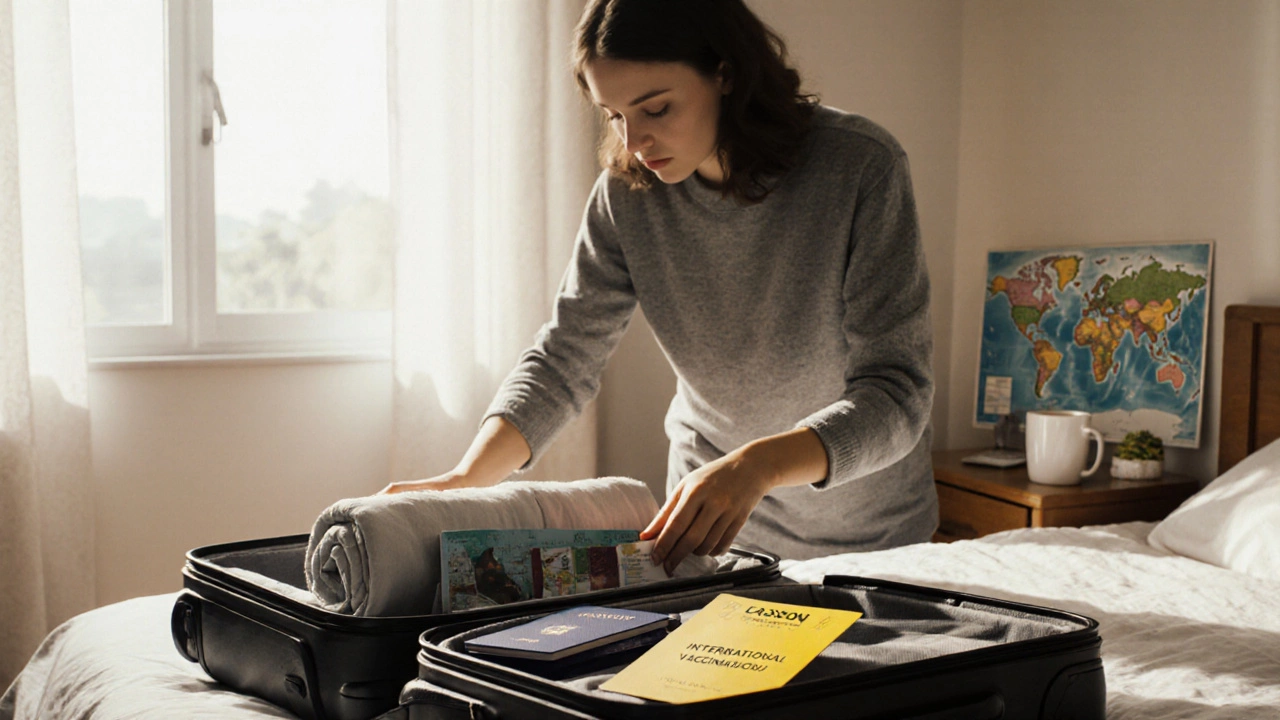Travel Vaccines India: What You Actually Need Before Your Trip
When planning a trip to India, travel vaccines India, injections that protect against diseases common in the region, especially for visitors from countries with low exposure. Also known as immunizations for India, these aren’t just recommendations—they’re often the difference between a smooth trip and a hospital visit. Most people think they need every shot under the sun, but that’s not true. You don’t need every vaccine listed online. You need the ones that match your plans, your budget, and your health.
For example, if you’re sticking to cities like Delhi or Mumbai and eating at clean restaurants, your risk for typhoid or hepatitis A is low—but not zero. That’s why India vaccinations, preventive shots travelers get before entering India to avoid illnesses like typhoid, hepatitis, or rabies. Also known as travel immunizations, they’re tailored to your route and habits matter more than a blanket list. If you’re trekking in the Himalayas, camping near wildlife, or visiting rural villages, you’ll need more. If you’re staying in luxury hotels and drinking bottled water? You can skip some. The vaccination requirements India, official health guidelines that may be enforced at entry points or for certain visas. Also known as India travel health rules, they’re often misunderstood aren’t the same as what’s smart to get. The government doesn’t require every shot, but your doctor should. And if you’re coming from the U.S., U.S. vaccine requirements India, the specific immunizations advised by CDC for American travelers heading to India. Also known as CDC India travel guidelines, they’re updated yearly and often overlooked are clear: routine vaccines (like MMR and tetanus), hepatitis A, typhoid, and sometimes rabies if you’ll be around animals.
Don’t wait until the last week to get shots. Most need time to work—some require two doses weeks apart. And forget the travel clinics that push $500 packages. You can get the essentials for under $100 at a local pharmacy or public health center. Skip the unnecessary ones like Japanese encephalitis unless you’re spending months in rural areas during monsoon. Cholera? Only if you’re in a disaster zone. Polio? Just make sure your childhood dose is up to date. The real danger isn’t the diseases you haven’t been vaccinated for—it’s the ones you think you’re protected against but never got the shot. That’s why travel vaccines India are about smart choices, not fear.
Below, you’ll find real advice from travelers who’ve been there—what they got, what they skipped, and what actually kept them healthy. No fluff. No upsells. Just what works.

